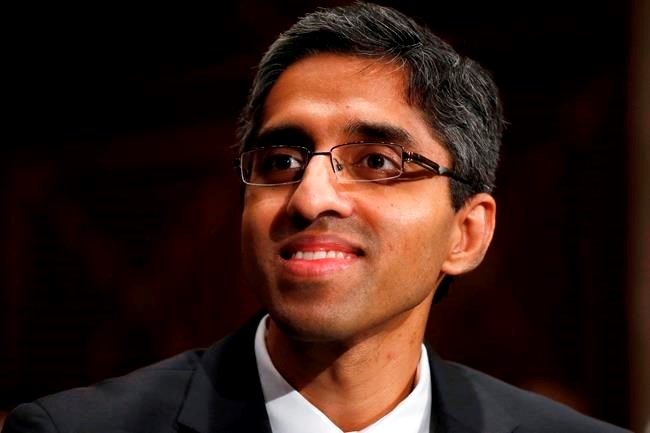WASHINGTON — President-elect Joe Biden's scientific advisers plan to meet with vaccine makers in coming days even as a stalled presidential transition keeps them out of the loop on government plans to inoculate all Americans against COVID-19.
President Donald Trump's refusal to accept that he lost the election means that the Biden team lacks a clear picture of the groundwork within the government for a mass vaccination campaign that will last the better part of next year, says Biden's chief of staff, Ron Klain.
“We now have the possibility ... of a vaccine starting perhaps in December or January,” Klain said. “There are people at HHS making plans to implement that vaccine. Our experts need to talk to those people as soon as possible so nothing drops in this change of power we’re going to have on January 20th.”
A lack of
“Of course it would be better if we could start working with them,” said Fauci, head of the National Institute of Allergy and Infectious Diseases, who has been through multiple presidential transitions during 36 years of government service.
He likened the process to runners passing on the baton in a relay race. “You don’t want to stop and then give it to somebody," he said. “You want to just essentially keep going.”
The president-elect's outreach to vaccine manufacturers comes as the coronavirus pandemic in the United States has entered perhaps its most dangerous phase. The seven-day rolling average for new daily cases stood at 148,725 on Sunday, according to data from Johns Hopkins University. That means the U.S. is adding about 1 million new cases a week. Deaths averaged 1,103 a day as of Sunday, a 33% increase over two weeks.
Pfizer’s announcement that preliminary data indicate its vaccine is 90% effective lifted financial markets last week and gave people worldwide hope that an end to the pandemic will be coming. On Monday, another company, Moderna, said its vaccine appears to be 94.5% effective, according to preliminary data.
“We’re going to start those consultations this week,” said Klain, including Pfizer and other pharmaceutical companies.
But in some ways the more critical issue is getting a detailed understanding of distribution plans being finalized by the Department of Health and Human Services and the Pentagon.
“We need to be talking to them as quickly as possible,” Klain said. “It’s great to have a vaccine, but vaccines don’t save lives: vaccinations save lives. And that means you’ve got to get that vaccine into people’s arms all over this country. It’s a giant logistical project.”
Fauci stressed the arrival of vaccines won't be like flipping a switch to return to normal life. The first doses will become available for people in high-risk groups later this year. He said Americans will have to keep up preventive measures such as wearing masks, observing social distancing and frequently washing their hands well into next year.
“Everyone is sensitive to what we call ‘COVID fatigue,’“ Fauci said. “People are worn out about this. But we have got to hang in there a bit longer. ... We have got to hang together on this.”
Other vaccine makers are also in the final phase of testing their formulations, and Fauci said he expects those vaccines will also be highly effective.
The government has launched a program called “Operation Warp Speed,” backed by the White House, to quickly manufacture and distribute tens of millions of doses of vaccines. The shots will be free to Americans, and the goal is to have most people vaccinated by about this time next year. Many people will need two doses.
Initial access to the vaccine will be limited to high-priority groups such as hospital and nursing home workers.
A top Trump administration health official said 20 million doses could be available by the end of this month, and an additional 20 million by the end of the year. Adm. Brett Giroir, assistant HHS secretary, seconded Fauci's admonition that Americans must keep following basic public health precautions such as wearing masks.
“If we do these things combined with the testing that we have, we can flatten the curve,” he said. “If we do not do these things, the cases will continue to go up.” Giroir said the country is in a critical situation.
Pressed on whether the administration should be talking to the Biden team, Giroir responded: “Look, I want to be as transparent as possible with everybody. This is not a political issue. This is an issue of public health and saving American lives. And I think there’s nothing more important than that.”
The risks are real. Around the country, hospitals report that doctors and nurses are being stretched to cope with rising numbers of hospitalized COVID-19 patients requiring special care. In some communities, hospitals have started limiting elective procedures in order to conserve resources.
Fauci was on CNN's “State of the Union,” Klain appeared on NBC’s “Meet the Press” and Giroir spoke on ABC's “This Week."
___
Weissert reported from Wilmington, Delaware.
Ricardo Alonso-Zaldivar And Will Weissert, The Associated Press


